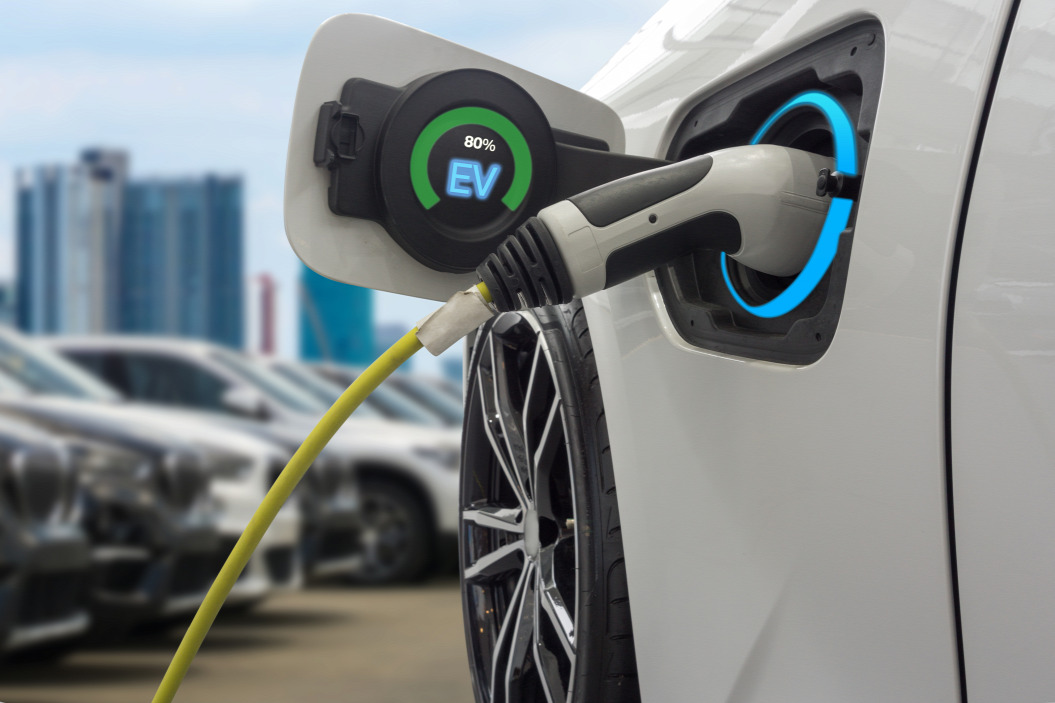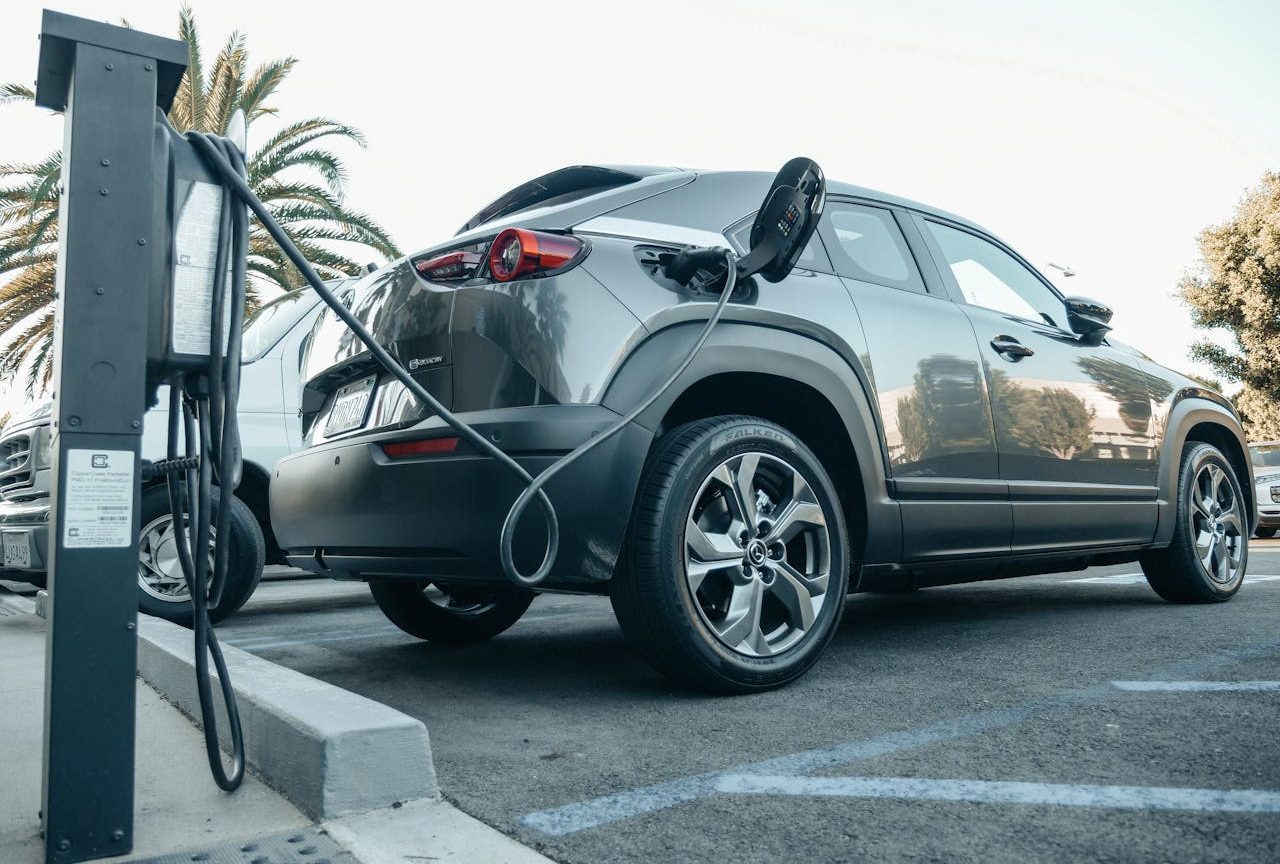
From January to July 2024, Hungary's EV registrations grew nearly 60 percent, a performance only surpassed by Malta.Continue reading

The European Union’s industrial strategy gives priority to the green and digital transformation of the automotive industry. On September 9, Gergely Fábián, Secretary of State for Industrial Policy and Technology at the Ministry for National Economy, took part in a high-level roundtable discussion in Brussels at the invitation of Thierry Breton, European Commissioner for the Internal Market, on the monitoring and progress of the transition to zero-emission vehicles.
The European Union has set two important target dates: by 2035, cars, vans and city buses will be CO2-free, and by 2040, heavy goods vehicles will be 90 percent zero-emission, Magyar Nemzet reports.
The discussion highlighted the issues of affordability, the importance of developing charging infrastructure, expanding the capacity of the electricity grid and the availability of batteries and critical raw materials.
The development of charging infrastructure for electric vehicles, especially in areas outside the trans-European transport network, is key to help smooth the transition, as the lack of infrastructure development and thus of adequate coverage is hampering the growth in demand for electric vehicles.
The roundtable discussion also focused on the current situation of the automotive industry, which needs to increase demand for electric cars in line with climate neutrality targets, while maintaining its competitiveness at global level.
Excellent meeting today with all automotive stakeholders
It’s essential that we reconcile climate goals with competitiveness, as echoed in #DraghiReport
With #Route35, we have a realistic picture of the state of play —and where we need to accelerate to meet the 2035 target. pic.twitter.com/vAbjOhLlls
— Thierry Breton (@ThierryBreton) September 9, 2024
Recommended measures included improving affordability, further expanding charging infrastructure, increasing the capacity of the electricity grid, expanding worker retraining programs, strengthening the raw material supply chain, and increasing policy and financial support for research, innovation and technological development.
Gergely Fábián stressed that the Hungarian government also treats the automotive and battery industry as a strategic sector and is doing its utmost to ensure that Hungary is on track to meet the EU target dates. He underlined that
Hungary was the first Member State to draw attention to the need for intervention and to develop a new EU community-level action plan to promote electromobility, the need for which is supported by recent industry data and analysis.
The Secretary of State informed the participants that the action plan had been presented in the summer at the informal meeting of competitiveness ministers in Budapest, which was attended by representatives of the Member States and the Commission. He also stressed the need for a continuous dialogue in order to ensure that a European legal framework to support the switchover, the so-called EV Act, could be put in place as soon as possible.
Via Magyar Nemzet; Featured image via Pexels